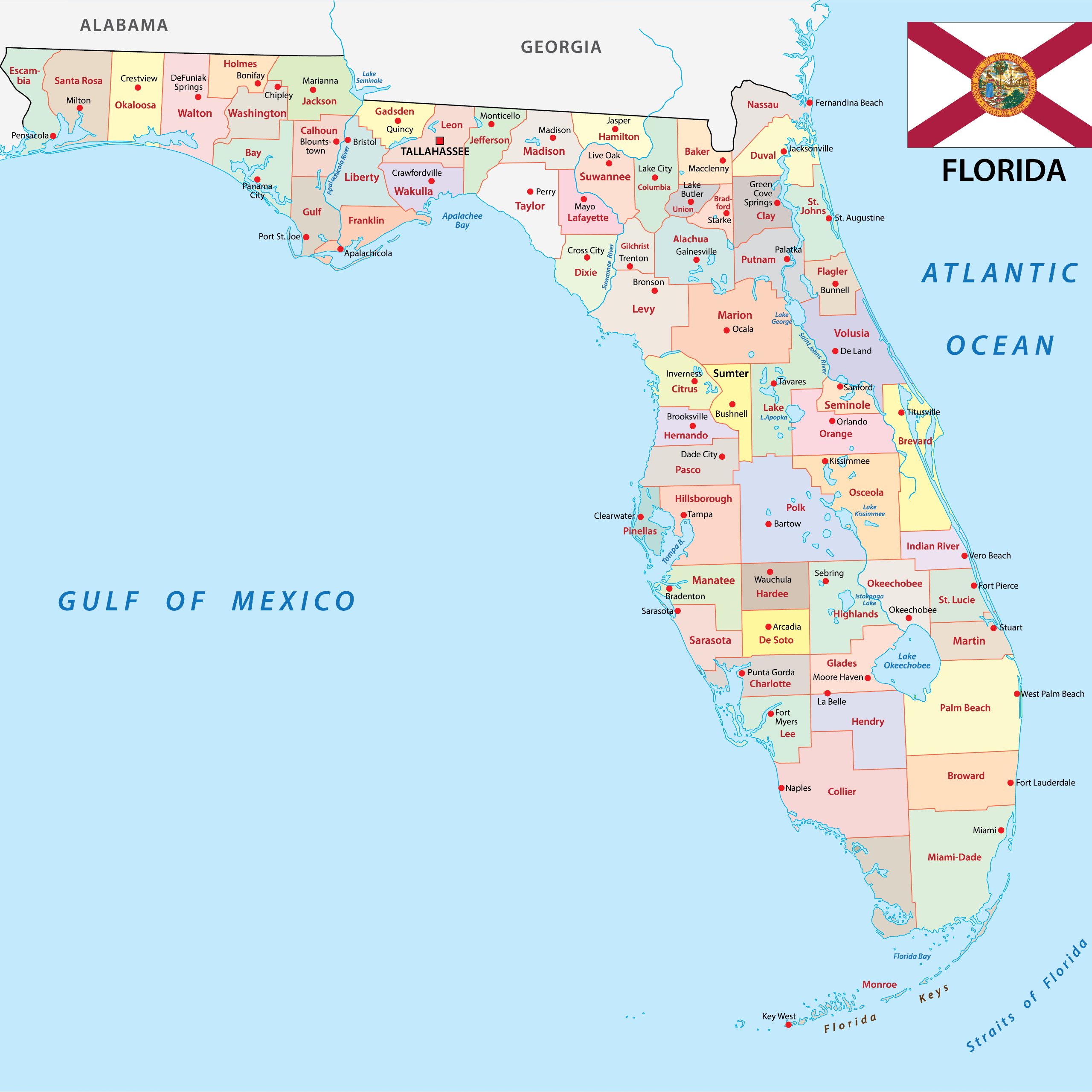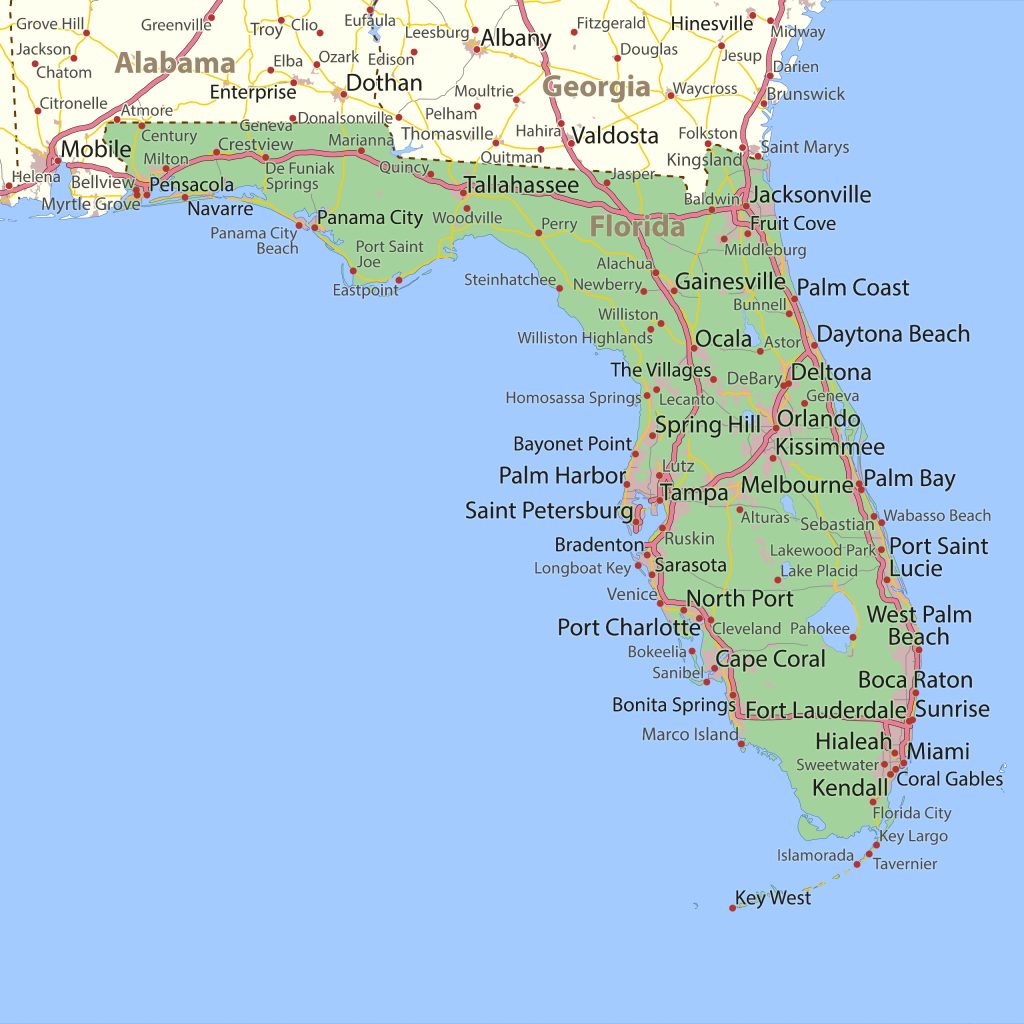Florida property tax is a critical aspect of homeownership in the state, impacting both residential and commercial property owners. Understanding how these taxes work, what exemptions are available, and how to navigate the system can save homeowners thousands of dollars each year. This article explores the key components of Florida property tax, including exemptions, assessment processes, and steps for appealing or reducing your tax bill.
What Is Florida Property Tax?
Property tax in Florida is a local tax that is levied on real estate properties, including homes, land, and commercial buildings. The tax is calculated based on the assessed value of the property, which is determined by the county property appraiser. Unlike some states where property taxes are based solely on market value, Florida has several exemptions and adjustments that can significantly reduce the taxable value of a home.
Common Property Tax Exemptions in Florida
There are numerous exemptions available to Florida property owners, which can help reduce their overall tax burden. These exemptions vary depending on the type of property, the owner’s status, and other factors. Here are some of the most common exemptions:
Homeowner Exemptions
- Widow’s Exemption: Non-remarried widows and widowers may qualify for a $500 exemption.
- Senior Citizen Exemption: Senior citizens over 65 may be eligible for up to $50,000 in exemptions, depending on income.
- Disability Exemption: Legally blind or totally disabled homeowners may receive a $500 exemption or even full relief from property taxes.
- Veterans’ Exemption: Veterans with service-related disabilities or surviving spouses of deceased veterans may qualify for a $5,000 exemption.
- Military Service Exemption: Active military members deployed in the previous calendar year may be eligible for an exemption.
- Homesteader’s Exemption: Homeowners who live in Florida as their primary residence may qualify for a $75,000 exemption, reducing the taxable value of their home.
- Long-Time Resident Exemption: Long-time residents of Florida may also qualify for additional exemptions.
Business Owner Exemptions
- Freeport Exemption: If part of a business property is a boat located in a freeport-designated area, it may be exempt from taxation.
- Abatement Agreements: Businesses may enter into agreements with local jurisdictions to reduce their property tax bills for a set period, often 10 years or more.
- Specialized Exemptions: There are many detailed exemptions for specific types of business property, such as agricultural land, industrial facilities, and more.
How to Apply for Florida Property Tax Exemptions

If you believe you are eligible for an exemption, there are several ways to apply:
- During Your Audit: If you are a business, you can present your exemption information during an audit.
- Appeals Process: You can wait for your tax bill and then go through the appeals process to request exemptions.
- Direct Application: You can contact the assessor’s office when filing your property for tax purposes and inform them of your eligibility for exemptions.
What If You Didn’t Realize You Qualified Until Later?
If you’ve just received your tax bill and realize you could have qualified for exemptions, you may still be able to apply. You’ll need to go through the tax appeals process, which involves sending a letter to the tax assessor’s office before the deadline, typically within a month of receiving your bill. You’ll need to gather documentation proving your eligibility, such as income statements, medical records, or military service records. A hearing will be scheduled, where you can present your case to the board.
Making It Easier with Professional Help
Navigating the property tax system can be complex, especially if you’re unfamiliar with the process. Organizations like Fair Assessments specialize in helping homeowners and businesses file appeals and identify potential exemptions. With a success rate of over 80%, they can assist in reducing your tax bill and ensuring that you receive all the benefits you’re entitled to.
Florida Homestead Law and Exemption
One of the most significant aspects of Florida property tax is the Homestead Law, which offers protection to homeowners against judgment creditors. Under this law, a homeowner’s primary residence is shielded from being taken by creditors, making it one of the strongest asset protection tools in the United States.
Key Features of the Florida Homestead Law
- Protection Against Judgment Creditors: A creditor cannot take your house away if you owe money on a judgment.
- Eligible Properties: The homestead protection applies to single-family homes, condominiums, mobile homes, and manufactured homes.
- Lot Size Limits: Within municipalities, the protection includes up to half an acre, and outside of municipalities, up to 160 acres.
- Exceptions: Certain liens, such as mechanics liens, prior assessments, and IRS tax liens, are not protected under the Homestead Law.
Homestead Tax Exemption
In addition to the Homestead Law, Florida offers a Homestead Tax Exemption that can reduce property taxes for eligible homeowners. To qualify, you must own real property and make it your permanent residence. The exemption can reduce your taxable value by up to $50,000, with $25,000 applying to all taxes and the remaining $25,000 applying to non-school taxes.
Understanding Market Value vs. Assessed Value
In Florida, property taxes are based on the assessed value of a property, which is derived from its market value. However, the assessed value is adjusted by any applicable exemptions or limits.
Market Value
Market value is what a willing buyer would pay for a property in an open and competitive market. It is influenced by factors such as location, condition, and economic trends.
Assessed Value
Assessed value is the market value minus any exemptions or limits. This is the figure used to calculate your property tax bill.
Property Taxes in Bradenton Beach
Bradenton Beach, a coastal community in Manatee County, provides an example of how property taxes are calculated in Florida. The median home price in the area is $586,500, with tax bills varying across the county. Assessment notices are sent in the spring, typically reaching property owners by mid-May. Each notice includes the market value, assessed value, and an estimate of the property tax bill.
Conclusion
Florida property tax is a complex but manageable system that offers numerous opportunities for savings through exemptions and proper understanding. Whether you are a homeowner, a business owner, or a new resident, knowing your rights and responsibilities can help you avoid unnecessary expenses and ensure you receive the benefits you’re entitled to.
Meta Title: US Trending News: Understanding Florida Property Tax
Meta Description: Learn about Florida property tax, exemptions, and how to reduce your tax bill. Stay informed with the latest updates.
Author: John Smith
Title/Role: Real Estate and Tax Expert
Credentials: John Smith is a seasoned real estate professional with over 15 years of experience in property management and tax planning. He specializes in helping homeowners and businesses navigate the complexities of Florida property tax.
Profile Link: www.johnsmithrealestate.com
Sources:
1. Florida Department of Revenue – Property Tax Information
2. Manatee County Property Appraiser
3. Fair Assessments – Property Tax Appeals
Internal Links:
1. How to File a Property Tax Appeal in Florida
2. Understanding Florida Homestead Exemption
3. Florida Property Tax Calculator
Call to Action: Stay updated with the latest news on Florida property tax and how it affects your home or business. Explore today’s headlines for more insights.
URL Slug: /understanding-florida-property-tax
Image Optimization:












More Stories
What is an Accord? Understanding the Definition and Usage
US Trending News: Affiliate Secrets Review
US Trending News: Understanding Alameda County Property Tax